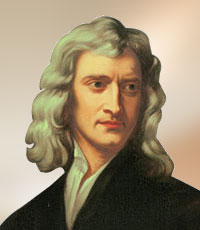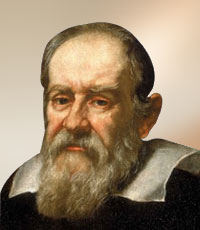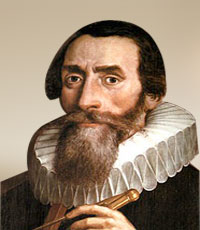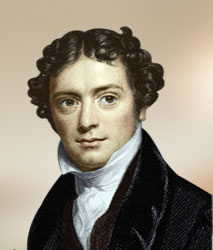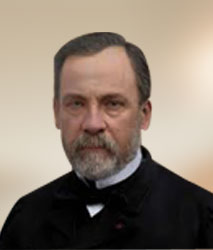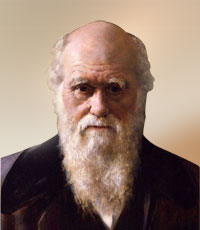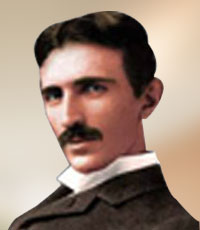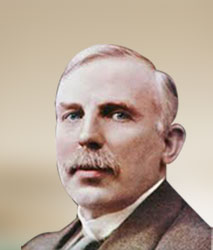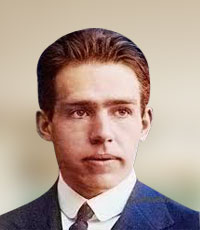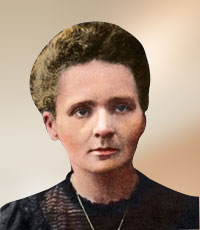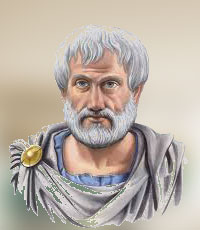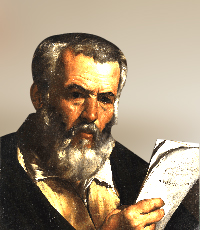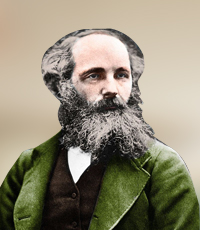.jpg)
Albert Einstein 14 March 1879 – 18 April 1955 was a German-born theoretical physicist who developed the theory of relativity, one of the two pillars of modern physics. He received the Nobel Prize in Physics in 1921 for theoretical physics. His famous equation is displaystyle E=mc2(E = energy, m = mass, c = speed of light). “Einstein remains the last, and perhaps only, physicist ever to become a household name,” says James Overduin, a theoretical physicist at Towson University in Maryland.
As a scientist, Einstein’s watershed year was 1905, when he was working as a clerk in the Swiss Patent Office, having failed to attain an academic position after earning his doctorate. That year he published his four most important papers. One of them described the relationship between matter and energy, neatly summarized E = mc2. Einstein expanded on relativity in 1916 with his theory of gravitation Einstein won the Nobel Prize in Physics, not for general relativity, but for his discovery of the photoelectric effect. By this time, the 42-year-old physicist had made most of his major contributions to science.
He turned into a U.S. citizen in 1940, and his fame grew as a public intellectual, civil rights supporter and pacifist. Einstein, who died of heart failure in 1955, would have applauded such strong, imaginative thinking.
His greatest insights came not from careful experimental analysis, but simply considering what would happen under certain circumstances, and letting his mind play with the possibilities. “I am enough of an artist to draw freely upon my imagination,” he said in a Saturday Evening Post interview. “Knowledge is limited. Imagination encircles the world.” — Mark Barna.
